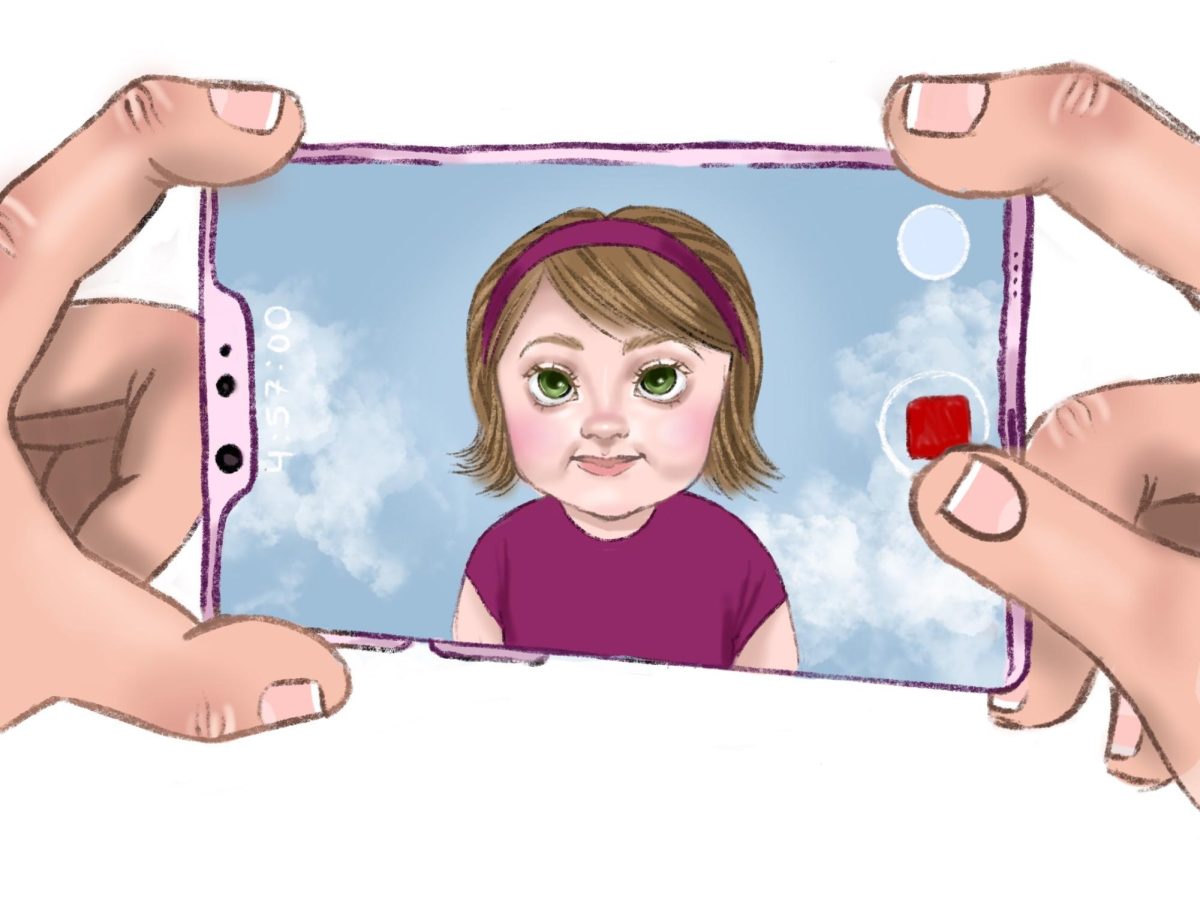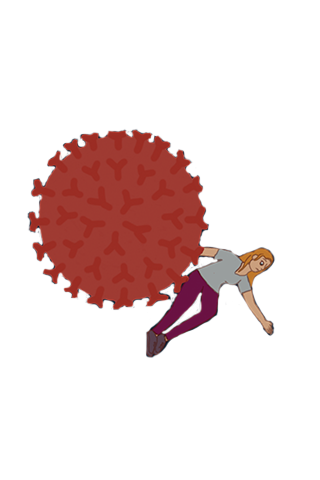I am standing in the hallway with a group of guy friends, telling them a funny story. I get to the punchline and I am met with silence. This reaction is a stark contrast to the chorus of laughter other guys received five minutes later when making a similar joke.
Humor is subjective and has often excluded women from that rhetoric.
Female comedians are expected to use more polite, clean, and appropriate language, while men have more freedom to be loud, mean, and raunchy in their sketches. Women, throughout history, have not been expected or even allowed to be funny, according to a 2024 ScienceDirect article written by Ella Miron-Spektor, Organizational Behavior Professor.
“It is more socially acceptable for men to take an active role in initiating humor and for women to passively appreciate it,” Miron-Spektor wrote.
That expectation influences how women interact in mixed-gendered groups. Many young women often are not comfortable making jokes in front of men, according to a 2022 Psyche article. When women have been told their whole lives that they are not funny, they may start to believe it. This mindset is harmful to women and continues to limit their abilities socially.
Society has long since treated humor as a male-dominated space, with male comedians often being the face of the industry, according to a 2020 Boar article. The article states how this male-centric perspective has led to the misconception that humor is an inherently male trait, while women who attempt to be funny are often dismissed, not taken seriously or are harassed for even trying. I have observed this stereotype deeply ingrained in our culture, perpetuated by media representation and societal attitudes, which often portray funny women as exceptions rather than the norm.
Not only is this evident in history and the entertainment industry, but it also continues to play out in everyday life. I will never forget a conversation I once had with a guy friend about one of my girl friends. He told me that when meeting her, he was surprised to find out that she wasn’t “fat”. Confused, I asked what he had meant. He explained that because she was funny, he had always assumed that she had a “fat personality.”
The implication was clear: he did not see humor as something that naturally belonged to women. To him, the only way a girl could be funny was if she fit a stereotype that only “fat women” are funny. This was upsetting to me because neither of those things should be directly associated. What may have seemed like an offhand remark to a man carried a deeper message that contributes to a culture where womens’ humor is undervalued.
Yet, a historic bias continues to undermine the value of humor when it comes from women. The stereotype that women are not as funny as men is not only outdated but also harmful, reinforcing gender biases and limiting opportunities for female comedians.
However, progress is being made. Women now make up 38 percent of the comedy industry, according to Career Explorer. As more women break into comedy, they pave the way for younger girls to see humor as something that also belongs to them and to pursue what they want.
Laughter is universal.
It shouldn’t be limited. We need to further welcome women into the world of comedy in the media and in day-to-day life to create a world where humor is truly for everyone.








